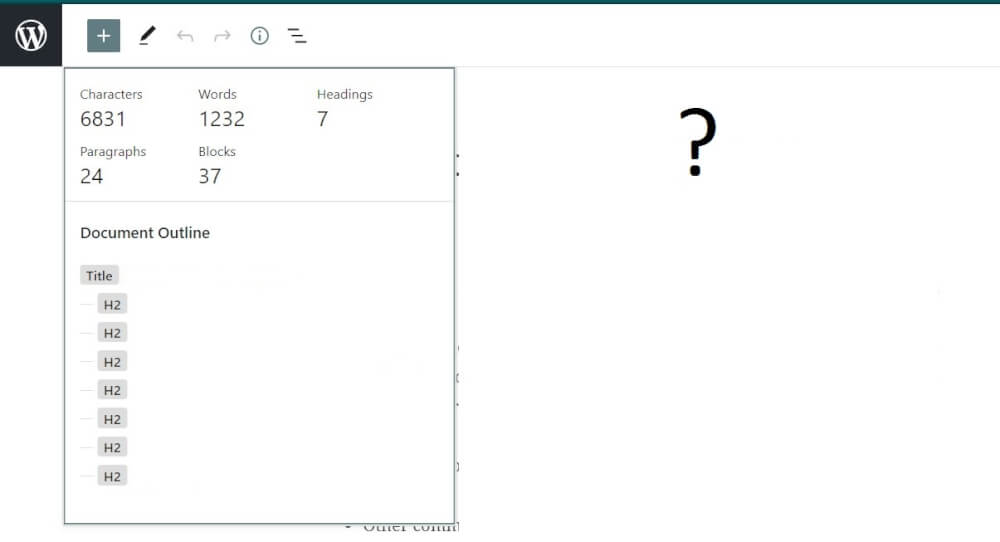What is the ideal content length
Content length or the total number of words on a page on your website is a much debated topic. Many have different opinions about it and every Google core update brings this discussion to the surface. Let's find out what the opinions are on this and how you can adjust your content accordingly.
Every website needs content in the form of text. Trying to create a web page without text is not only difficult. But it also brings with it very large disadvantages. A search engine crawler can not determine what the page is about and what the intention is. With a web shop, the goal is obviously to activate with the text, and persuade visitors to make a purchase on the website hosting. With a blog website the goal may be purely to attract readers, in order to generate more advertising revenue. Or just to click on an affiliate link. And of course it can also be purely to entertain or inform.
A website can of course have many goals.
Content length is an issue for every website, however, you want to attract more visitors with almost every website. You do this by advertising yourself or your website on Social Media. And by trying to get the top positions in search engines like Google, Bing or DuckDuckGo. For the natural search engine positions it is important to have the right content length. So that high rankings can be achieved.
For almost every search query > 250 words applies
When you search for your desired search term you will often see a number of things. But how many words would you like to see a searcher looking for that term? Do you want to know the best way to charge a phone? Then a short answer may not be sufficient. After all, there are multiple phones and ways. There may be a test that shows which is the best method, and so on.
So with each search you need to take into account what exactly needs to be answered. For most search terms, however, pages that are under 250 words are seen by Google as "thin" content. And therefore do not get an advantage in the ranking. It is also possible for almost any topic to get more than 250 words out of it by a trained writer.
Look at the competition and determine what search engines like to see
Truly original topics don't really exist anymore in many branches of the internet. You can't think of anything that hasn't already been written about. Therefore, with keyword research it is important to not only look at the websites that rank and their authority, but also at the number of words on the page. That way you can see how many words are needed for a specific topic. And whether you should be above or below. With well-written content and optimization, you can also use fewer or more words.
Google's algorithm no longer looks only at the number of words. But also to the level of interaction that a visitor has on that website. A visitor who clicks away after 1 second is a good indicator that the page does not belong in the first place. And if almost all visitors do this then this will have a negative effect on the ranking of this website.
A useful tool that can be used for this for free is the website wordcounter.com, here you can quickly paste the text and read how many words it contains. You can then include this in your keyword research.
Keep the content for people, not for robots
It is very important to always target your content to actual people. A page can be lifted to a higher position with blackhat techniques, but 1 Google Core update can sink you faster than the titanic. So even for the website world, honesty lasts the longest. And this will only become more so in the future.
If a particular topic calls for more words, do so. A blog post can be summarized in 500 words where you cover the exact search term. Or you can turn it into a big article of 2500 words where you answer all the questions visitors may have about the entire topic.
Such guides can often be weeks of work, but can mean the difference between a top or high position, or a tenth page.
Of course, search engines will never give you a permanent answer as to how many words are important for which search term. And furthermore, it is important to keep in mind that besides content length, there are many other factors that come into play when ranking well with a post or page.
What the big advantage of longer content is that you can rank for more things than you might have thought. So that in addition to your original target keyword, you can also rank for other terms where you can benefit even more. We also see this in personal projects and of course for ourselves. Longer content is preferred for a large number of search terms.
What is your opinion about this? Do you go for more content? Or do you stick to splinter posts that answer a special term with short questions? Of course we would love to hear it on the chat.
